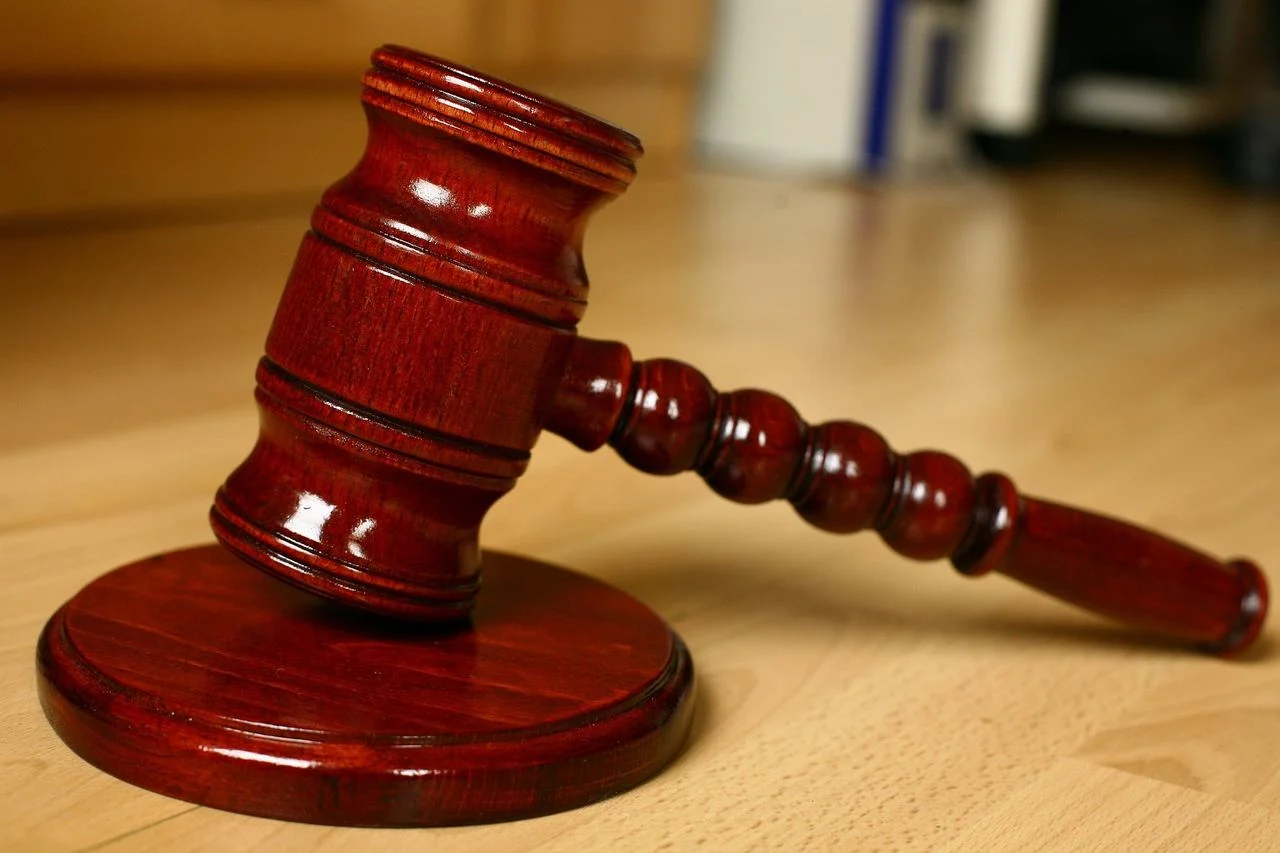When Trusts Go Wrong: Understanding Trust Contests

Trusts serve as valuable instruments in estate planning, ensuring a smooth and efficient transfer of assets to beneficiaries. However, sometimes things don’t go according to plan, leading to disputes and potential trust contests. This blog post delves into the complex world of trust contests, helping beneficiaries and trustors understand when and why a trust may be contested and the processes involved.
What is a Trust Contest?
A trust contest is a formal objection raised against the validity of a trust, typically by a beneficiary. It is a type of litigation that challenges the authority of the trust document or the manner in which it was created or is being executed.
Grounds for Trust Contests
Trust contests arise for various reasons, with the most common grounds being:
- Lack of Capacity: This occurs when the trustor, the person who created the trust, did not have the mental capacity to understand what they were doing when they established the trust.
- Undue Influence: If the trustor was coerced or manipulated into creating the trust or changing the terms in a certain way, it might be grounds for a contest.
- Fraud or Duress: A trust can be contested if it was created under fraudulent circumstances or if the trustor was forced into signing it.
- Improper Execution: If the trust document was not executed following the state’s legal requirements, it could be contested.
The Process of a Trust Contest
- Filing a Petition: The first step in a trust contest is filing a petition in probate court. This document outlines the grounds for contesting the trust.
- Court Proceedings: If the matter isn’t resolved through mediation or settlement discussions, the case may proceed to trial where evidence is presented, and a judge makes a decision.
- Potential Outcomes: If the trust contest is successful, the court may invalidate the entire trust or only the disputed provisions, depending on the circumstances.
Role of a Probate Attorney
Navigating a trust contest can be a complex endeavor, making the role of a probate attorney invaluable. An experienced probate attorney can provide legal advice, gather necessary evidence, represent you in court, and work toward a resolution that aligns with your interests.
Conclusion
Trusts are meant to be a vehicle for peace of mind, ensuring your wishes are honored and your loved ones are provided for. However, when trusts go wrong, it’s essential to understand the dynamics of trust contests. With the right knowledge and legal help, beneficiaries and trustors can untangle trust disputes and seek the justice and fairness they deserve. After all, the purpose of any trust should be trust itself, and when that’s in question, it’s time to seek the right answers.
